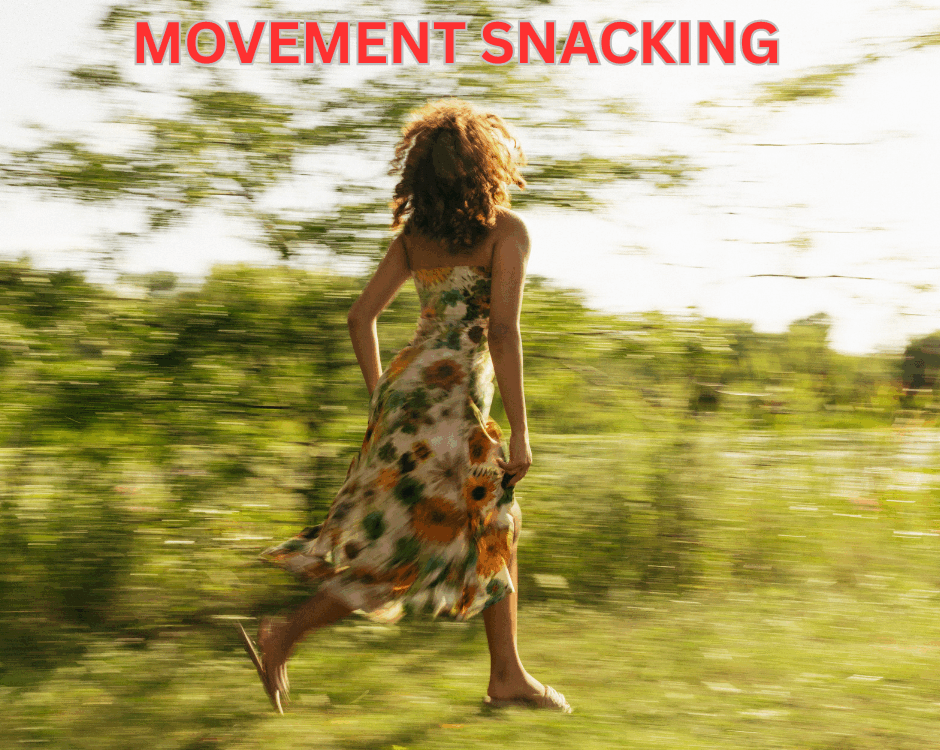Sorrow in Silence

Tips on Seasonal Depression Strategies
November 21, 2023
10 Unique Joints of the Body
November 21, 2023Sorrow in Silence
Grief, a complex emotion, does not discriminate by age. It is not a fun topic but unfortunately a necessary one we all have experience with. Dr. Aaron Workman, a patient favorite at one of the highest rated auto injury care programs in Lexington, Kentucky, discusses grief. When a grandparent passes away, we often navigate our own sorrow, but what about the children who may silently grieve? In the shadow of adult sorrow, children can become forgotten grievers. Our family has recently journeyed through this with the loss of a grandparent and immediately afterwards faced losing another to the same type of disease. It is hard for parents and children alike, but for now let us focus on the kids.
- A Special Bond:
Grandparents hold a unique place in a child’s heart. They are a source of love, warmth, and often play the role of storytellers, passing down family traditions and wisdom. The loss of this special bond can create a void that children may find challenging to comprehend. Understanding this unique bond is important for the parents as a first step in helping a child deal with a loss.
- Understanding Death:
Death is a complex concept, and for children, it can be particularly perplexing. Depending on their age, they may struggle to understand the permanence of death. It is crucial to communicate with them openly and honestly, using appropriate language for their age to help them grasp the reality of their grandparents’ passing.
- Emotional Expression:
Children may not express their grief in the same way adults do. Instead of tears, they may show behavioral changes, mood swings, or withdrawal. It is essential for parents to be watchful for these signs. Allow your child different activities that may help them express grief. Coloring, drawing, stories and simple “remembering when” stories can be a great way to get them to talk about what they may be feeling.
- Being Strong:
Kids often adapt to some of our society’s expectations of staying strong when something really sad is happening. This can lead them to suppress their emotions, believing that expressing grief makes them seem vulnerable. It is important to tell them that grieving is a natural and healthy process, and there is no shame in feeling sadness. It is important for them to see you express those emotions, so they know it is normal.
- School Impact:
The loss of a grandparent can impact a child’s academic performance and social interactions. Grief may show up in difficulties concentrating, changes in behavior, a dip in their grades, or a decline in school activities. Teachers should be informed, allowing for understanding and support during this challenging time.
- Remembering:
Encouraging children to share fond memories of their grandparents helps keep the connection alive. Going through old pictures, creating a memory box, or even a picture collage can help them recall all the good things they loved about their grandparents.
- Support Systems:
Children often find solace in knowing they are not alone in their grief. Let your kids be comfortable in talking with you about the grieving process. You may find it easier by talking with them about some of your feelings first, then give them a turn.
- Continued Talk:
Grief does not have a set timeline, and children may have bouts of sadness over time. Adults can have a memory triggered at any time that leads to temporary grief and children can experience the same thing. Regularly check in with them, giving reassurance that their emotions are valid and that it is okay to be sad in their own way.
- Professional Help:
If a child’s grief becomes overwhelming or significantly impacts their daily life, seeking the guidance of a mental health professional is important.
In dealing with death, it is often easy to overlook the children. Understanding their grief, allowing them time to be sad, allowing them to see you mourn or talk about the loved one who has passed, are all ways to help guide them through the process. Death is an inevitable part of the life cycle so it is important to allow children to learn how they can process and deal with death early on. As always, if you notice your child’s grief is beyond your help, do not hesitate to contact a healthcare professional to aid throughout their grieving process.
— This article is written by Aaron Workman, DC, one of the members of Chambers Medical Group’s team of car accident chiropractors who offer a variety of treatments and therapies ranging from diagnostic testing to various soft tissue therapies for car accidents and injuries in Kentucky.
–
.
–
Have you been in a car accident? If you or somebody you know has been in a car accident, be sure that you seek medical attention from a car accident doctor or car accident chiropractor to treat your injuries. Visit Chambers Medical Group to receive world-class medical treatment for your injuries.
Chambers Medical Group has car accident medical clinics in the following locations:
- Car Accident Medical Clinic in Tampa
- Car Accident Medical Clinic in Plant City
- Car Accident Medical Clinic in Brandon
- Car Accident Medical Clinic in Lakeland
- Car Accident Medical Clinic in Sarasota
- Car Accident Medical Clinic in Louisville
- Car Accident Medical Clinic in Lexington
- Car Accident Medical Clinic in Florence




